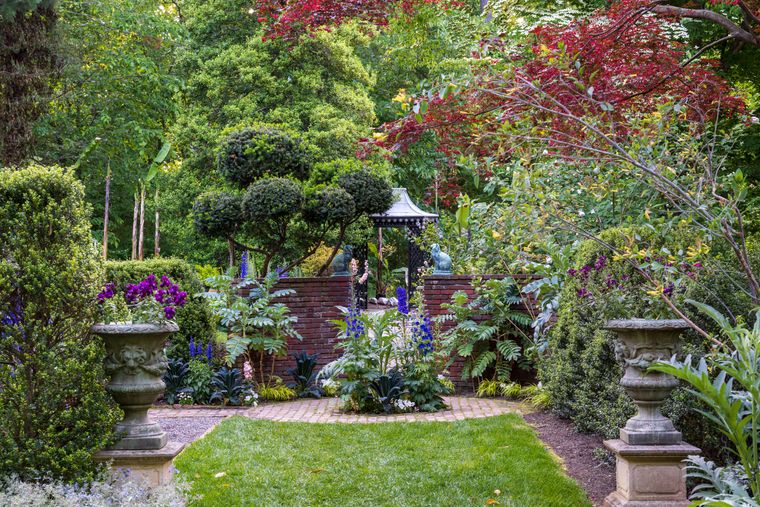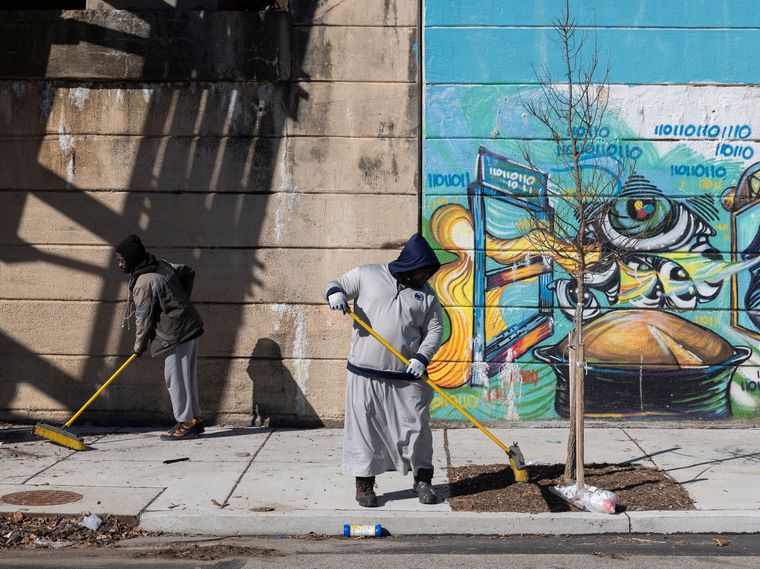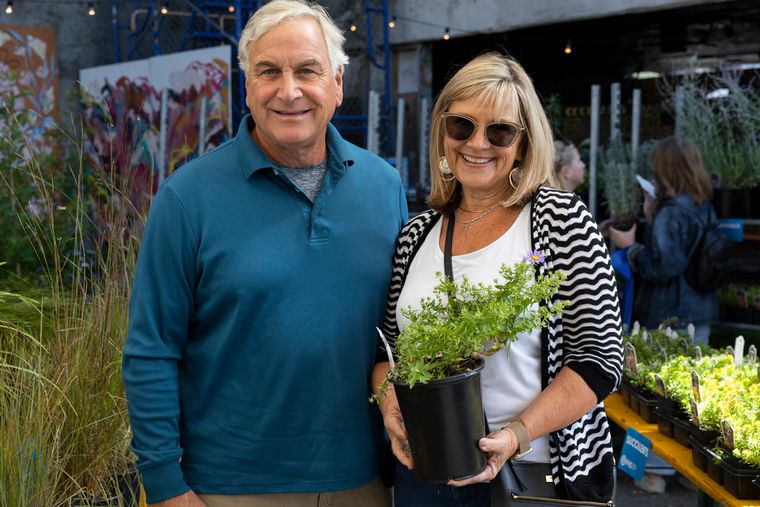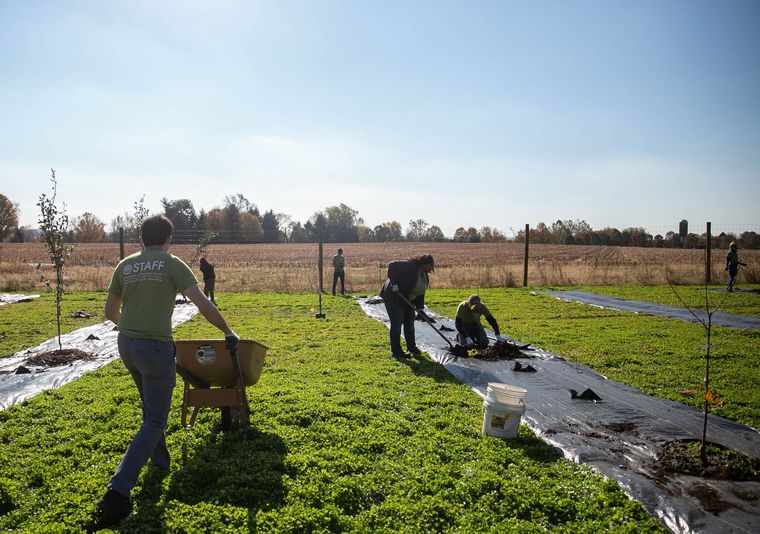



Planning a Native Landscape
sustainable gardening
gardening projects

By Will Sulahian
Spring will be here before we know it, and this growing season the Pennsylvania Horticultural Society encourages you to plant a native landscape using plants that grow naturally in our state. Native plants provide multiple benefits, including the ability to thrive without chemical fertilizers, serve as food and shelter for native wildlife, and their deep root systems help absorb and filter stormwater runoff. PHS strongly recommends planting more natives, or transforming your landscape to consist entirely of natives, to promote a healthier environment for all.
Here, Andrew Bunting, PHS Vice President of Public Horticulture, shares his thoughts on the benefits of this type of planting and how to get started.
The Importance of Natives
Native landscapes and gardens promote a healthy living environment. “Many native plants are well adapted to our climate and thrive with minimal or no inputs from synthetic fertilizers,” says Bunting. Synthetic fertilizers contain phosphates and nitrates that contribute to water pollution. In addition, native landscapes can require less water, and prevent erosion and flooding. Planted as an alternative to a lawn, these landscapes do not require mowing, which means you’ll be increasing plant diversity, increasing the growth of pollinator-friendly plants, and reducing greenhouse gas emissions.
Beauty and Brains
Native gardens and landscapes are more than just a pretty face — in fact, they are the go-to for both beauty and brains. We at PHS suggest gardeners create a meadow of perennials with this naturalistic approach to gardening. Native landscapes can help solve many ecological issues while providing easy maintenance and beauty. Gardeners can manage stormwater runoff with the help of native plants’ extensive and deep root systems. Planting a colorful pollinator garden to support and encourage birds and other pollinator species makes your meadow their home. If cut flowers are your passion, select species of native plants with long, sturdy stems for blooms that last a long time in a vase.
PHS Gold Medal Plants
One resource to help you with your native garden planning is PHS Gold Medal Plants. These plants have been reviewed and chosen by a group made of PHS staff, expert gardeners, and horticulturalists based on their fit in the Mid-Atlantic region, accessibility to gardeners, and the fact that they can be planted easily. One Gold Medal Plant to consider is Clethra alnifolia ‘Ruby Spice’, an adaptable shrub with a fragrant spire that attracts pollinators. Bunting also recommends Itea virginica ‘Henry’s Garnet’, for its ability to colonize and fill in empty areas and prevent erosion, and Ilex verticillata ‘Winter Gold’ (pictured above) for its ability to look its best without pruning. PHS's database of Gold Medal Plants lists a number of plant properties and requirements for growing, making it easy to create a checklist of your desired plants to bring to your favorite nursery or home gardening center to create a native landscape of your own.
While there are many choices that go into designing a native garden, it is important to remember that these plants help the environment and allow you to see the beauty of the region in your own yard.
Explore the PHS Gold Medal Plants Database!


